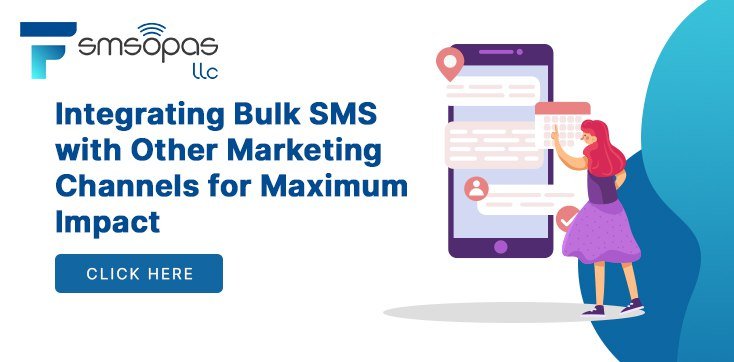
In today’s digital age, businesses have a multitude of communication channels to choose from when it comes to reaching their audience. Two of the most popular and effective methods are Bulk SMS and Email Marketing. While both have their own unique advantages, understanding which one is right for your business can help you maximize your marketing efforts and achieve your goals. In this blog, we’ll explore the key differences between Bulk SMS and Email Marketing, and how to determine which one is best suited for your business needs.
What is Bulk SMS?
Bulk SMS, or mass text messaging, is a method of sending a large number of text messages to a group of recipients at once. It is often used for marketing campaigns, notifications, reminders, and alerts. Bulk SMS allows businesses to deliver concise and time-sensitive messages directly to their audience’s mobile phones.
What is Email Marketing?
Email Marketing involves sending commercial messages to a group of people via email. These messages can include newsletters, promotional offers, announcements, and more. Email marketing is highly customizable and allows businesses to send detailed and visually appealing content to their subscribers.
Key Differences Between Bulk SMS and Email Marketing
-
Reach and Engagement
Bulk SMS: SMS messages have a near-instantaneous delivery time and boast an open rate of over 98%. Most people read their text messages within minutes of receiving them, making SMS an excellent choice for urgent and time-sensitive communications.
Email Marketing: While email marketing has a lower open rate compared to SMS (around 20-30%), it allows for more detailed and comprehensive content. Emails can include images, links, attachments, and longer text, making them suitable for more in-depth information sharing.
-
Content Limitations
Bulk SMS: SMS messages are limited to 160 characters, which means the content must be concise and to the point. This limitation can be a challenge but also ensures that the message is direct and easily digestible.
Email Marketing: Emails have no strict character limits, allowing for detailed descriptions, visuals, and links to additional resources. This makes emails ideal for storytelling, providing detailed information, and including multiple calls to action.
-
Cost and Budget
Bulk SMS: The cost of sending SMS messages can vary based on the volume and the service provider. Generally, SMS campaigns can be more expensive on a per-message basis compared to emails, but the high engagement rate often justifies the cost.
Email Marketing: Email marketing is usually more cost-effective, especially when sending to large lists. Many email marketing platforms offer affordable plans with advanced features like automation, segmentation, and analytics.
-
Personalization and Segmentation
Bulk SMS: SMS messages can be personalized with the recipient’s name and other basic information. However, the short character limit restricts the extent of personalization.
Email Marketing: Emails can be highly personalized and segmented based on a wide range of criteria such as behavior, preferences, past purchases, and more. This allows for highly targeted and relevant content to be delivered to specific audience segments.
-
Delivery and Spam Issues
Bulk SMS: SMS messages are delivered directly to recipients’ mobile phones, bypassing spam filters. This ensures a high delivery rate, but businesses must be cautious about compliance with regulations to avoid penalties.
Email Marketing: Emails can sometimes end up in spam or junk folders, reducing their visibility. However, by following best practices and using reputable email marketing services, businesses can improve their email deliverability rates.
When to Use Bulk SMS
Time-Sensitive Information: For urgent announcements, reminders, or alerts, SMS is the best choice due to its high open rate and quick delivery.
Short, Concise Messages: When the message needs to be brief and to the point, SMS is ideal.
Event Reminders: Sending reminders for appointments, events, or deadlines works well with SMS due to its immediacy.
When to Use Email Marketing
Detailed Content: When you need to share comprehensive information, stories, or visuals, email marketing is the better option.
Regular Newsletters: For ongoing engagement through newsletters, updates, and promotional content, email marketing is effective.
Segmentation and Personalization: When you want to send highly personalized and segmented content, email marketing offers more flexibility and options.
Conclusion
Both Bulk SMS and Email Marketing have their own strengths and can be powerful tools for your business when used correctly. The choice between the two depends on your specific needs, the nature of your message, and your target audience. In many cases, a combination of both SMS and email marketing can provide the best results, leveraging the strengths of each channel to maximize your reach and engagement.